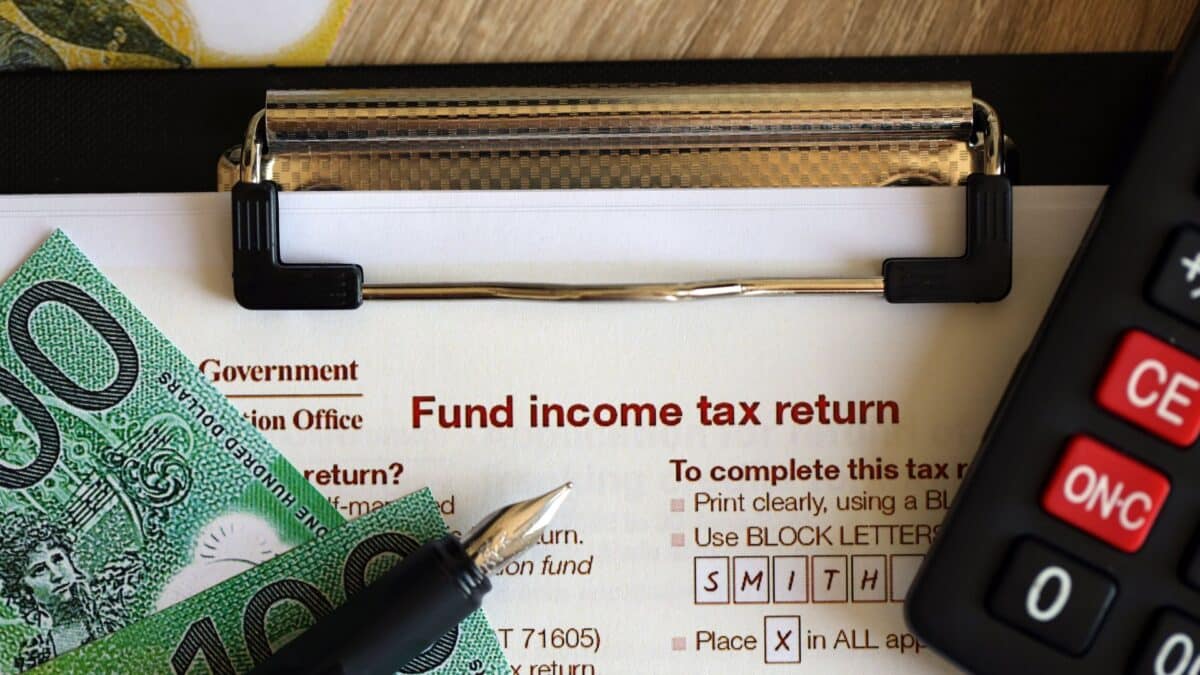Tax refunds are considered “critical” for many Australians’ financial wellbeing. The average amount expected, $1,519, represents a significant sum often used by families to cover essential expenses such as utility bills and groceries. Women are more likely than men to view the refund as vital, with 39 percent compared to 24 percent respectively.
Graham Cooke, head of consumer research at Finder, noted that many Australians live paycheck to paycheck and eagerly await these refunds as a financial lifeline. The additional funds provide much-needed breathing room in tight budgets, reflecting broader economic pressures facing households nationwide.
ATO Advice on Filing and Avoiding Mistakes
Despite the urgency to access refunds, CPA Australia tax lead Jenny Wong advises taxpayers to avoid rushing the lodgment process. She recommends taking time to gather all necessary documentation, especially evidence of work-related expenses, before submitting their returns. The ATO typically pre-fills much of the relevant information, and waiting for this data can reduce errors and simplify the filing process.
Wong warns that early submission often leads to amendments later, which can delay refunds and complicate matters for applicants. She emphasizes that lodging early does not guarantee faster returns, debunking a common misconception. Patience and thoroughness are key to ensuring a smooth season.
ATO warning to millions of Aussies desperate for $1,519 cash boost: 'Misconception' https://t.co/EQyVTuSmGG
— Yahoo Finance Australia (@YahooFinanceAU) June 2, 2025
Financial Strategies to Maximize Refund Benefits
Experts suggest that once a return is received, individuals should consider using the funds prudently to improve their financial position. Options include paying down debt, increasing contributions to superannuation funds, or depositing money into high-interest savings accounts to maximize long-term benefits. Thoughtful management of these amounts can contribute significantly to financial stability.
Advisors encourage Australians to view their refunds not just as immediate cash but as an opportunity to strengthen their financial future. Making informed decisions with these funds can help households better manage ongoing economic challenges.
Broader Economic Context of Refunds
The reliance on these payments highlights the financial strain many Australians face amid rising living costs and inflation. For some, the refund represents an essential component of their annual budget, underscoring the role of the system in providing indirect support. Policymakers and financial experts continue to monitor these dynamics as part of broader efforts to address economic wellbeing.
The season serves as a reminder of the importance of fiscal literacy and planning for individuals, especially as economic uncertainties persist. Understanding the mechanisms behind claims and returns remains a vital skill for Australian taxpayers navigating complex financial landscapes.









